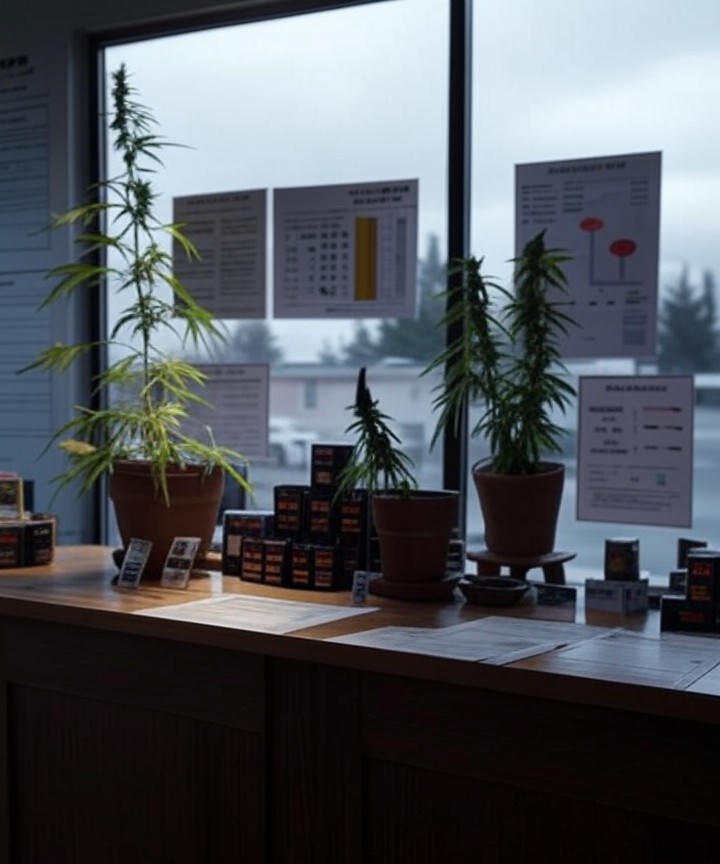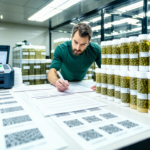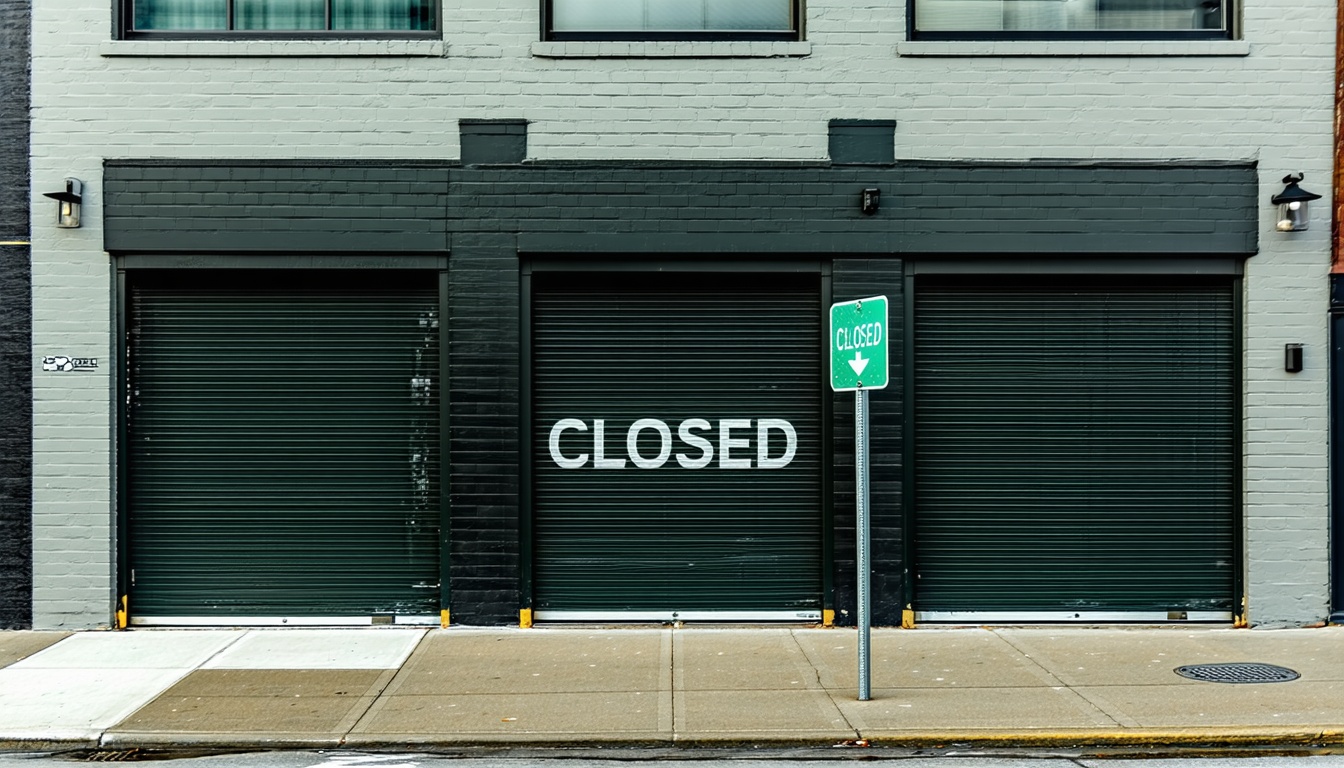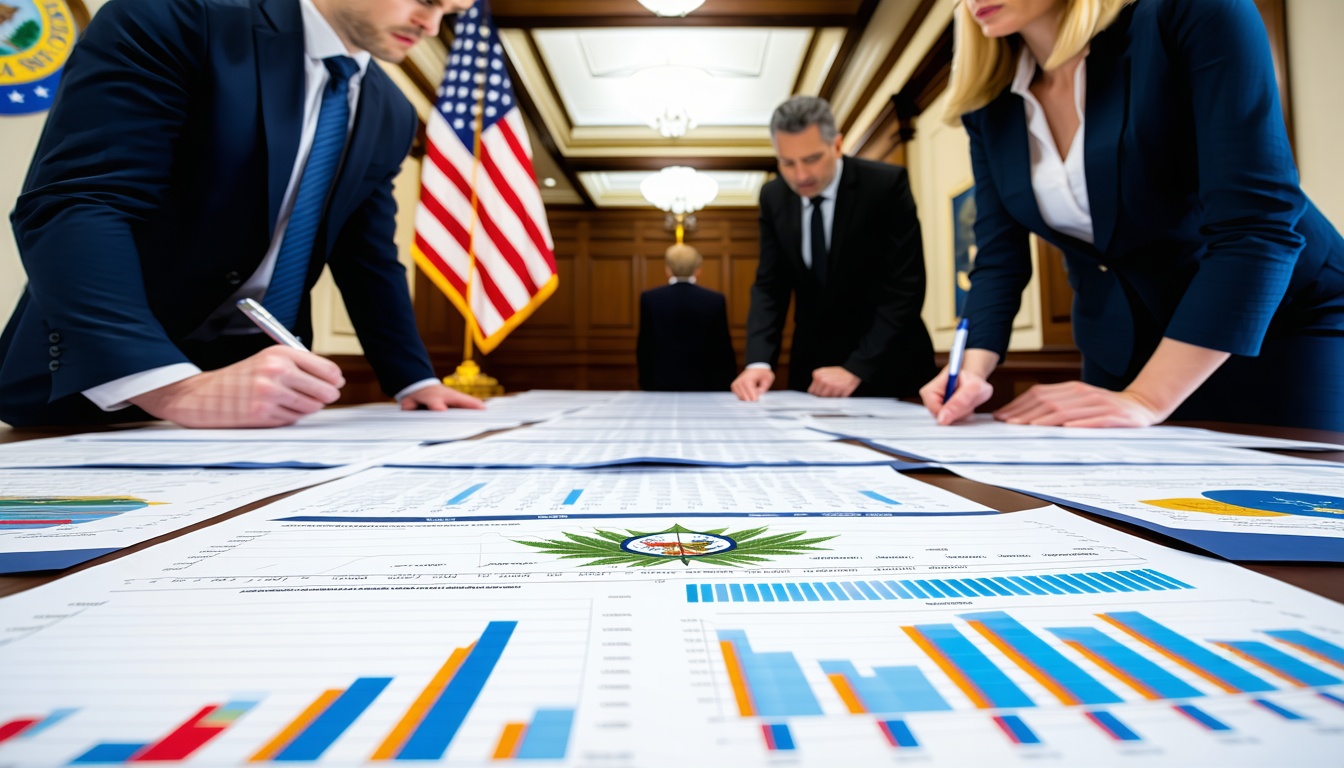Alaska’s Cannabis Industry Faces Challenges Despite Court Ruling
Seven months after a federal judge upheld Alaska’s ban on intoxicating hemp products, the cannabis industry in the state is still struggling with enforcement challenges. According to industry leaders, these products continue to flood the market, bypassing state regulations and putting licensed marijuana retailers at a disadvantage.
In May, Federal Magistrate Judge Kyle Reardon ruled that Alaska’s limits on intoxicating hemp products do not violate the U.S. Constitution, rejecting a challenge by the Alaska Industrial Hemp Association. The ruling came after Governor Mike Dunleavy banned intoxicating hemp in 2023.
However, despite this court victory, cannabis industry leaders say that the enforcement gap remains a significant issue. Trevor Haynes, of GOOD Cannabis, explained that hemp and cannabis are essentially the same plant, with the only difference being the level of THC, the psychoactive chemical in marijuana. Haynes noted that hemp processors have found ways to extract and concentrate THC, creating intoxicating products that can be manufactured out of state and shipped to Alaska.
The legal battle began when Congress legalized hemp in 2018 through the Farm Bill, creating a regulatory loophole. The law defines hemp as cannabis plants containing less than 0.3% THC, but hemp processors have found ways to extract and concentrate THC, creating intoxicating products.
The Alaska Division of Agriculture enacted regulations in 2023 to limit intoxicating hemp products, but the industry argues that these regulations violate federal supremacy and commerce clauses. Assistant Attorney General Kevin Higgins, who represented the state in the case, said that the Division of Agriculture was motivated by public safety concerns when it took action to regulate the emerging industry.
The enforcement challenge reflects a broader national issue, with almost 40 attorneys general writing a letter to Congress urging it to prevent the sale of intoxicating hemp products. Alaska is not part of this effort, but the issue highlights the challenges faced by the cannabis industry in the state.
Despite the challenges, the cannabis industry is growing rapidly, with the annual value of U.S. cannabis production growing 40% last year. Cannabis-derived products are projected to reach a $160 billion global market by 2032, according to Grand View Research. However, the enforcement gap means that licensed marijuana retailers in Alaska are facing unfair competition from intoxicating hemp products, which are not subject to the same regulations and taxation.
Industry leaders are calling for greater enforcement and regulation of the hemp industry to level the playing field and ensure public safety. Until then, the cannabis industry in Alaska will continue to face challenges in this cruel world.












